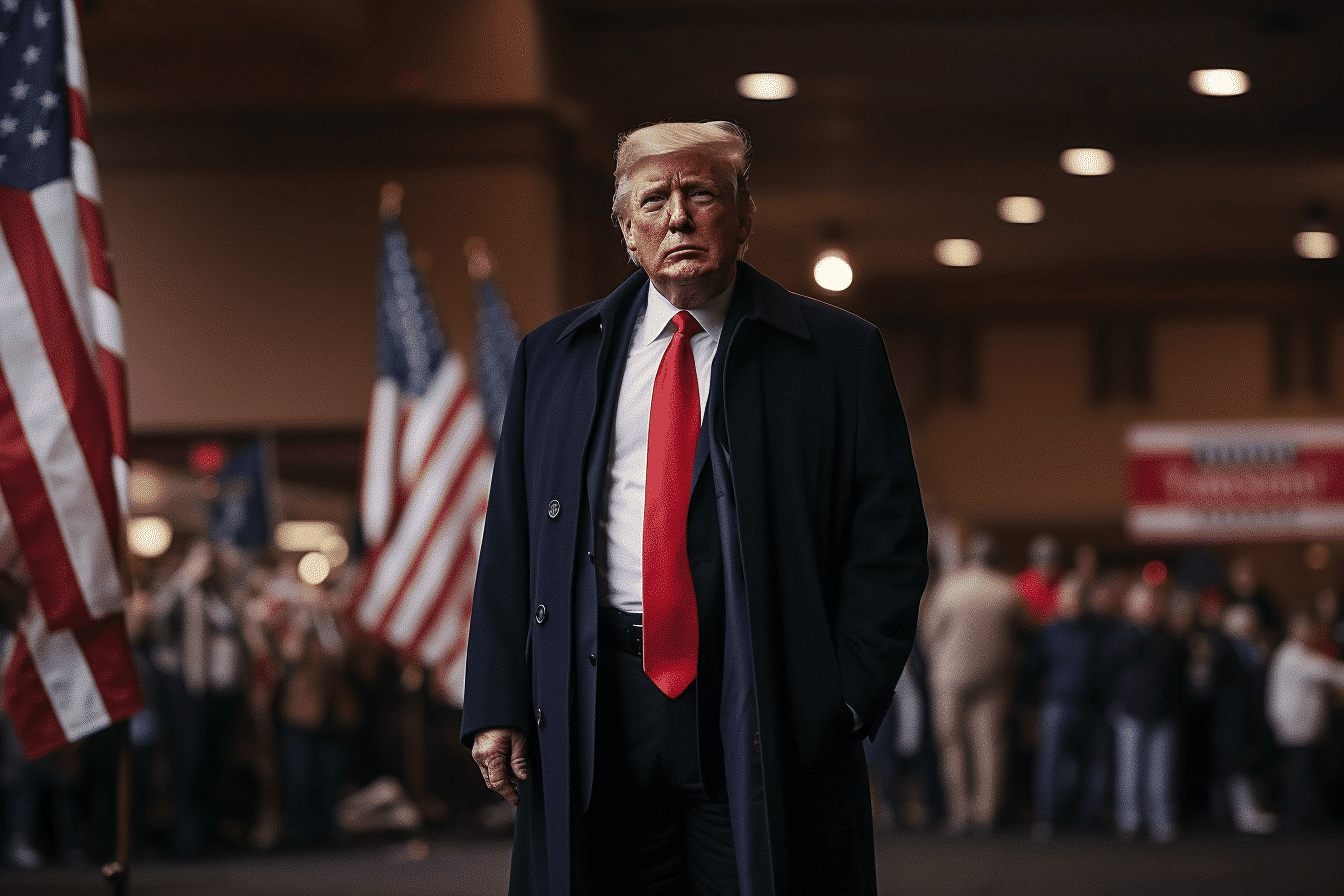The Minnesota Supreme Court rendered a decision that maintains former President Donald Trump’s presence on the Minnesota primary ballot, notwithstanding a lawsuit invoking a seldom-used constitutional insurrection clause. In a groundbreaking ruling, the court dismissed the argument that Trump’s alleged involvement in the January 6, 2021, Capitol attack should disqualify him from holding presidential office.
Chief Justice Natalie Hudson delivered the court’s verdict: “No state statute prohibits a major political party from placing on the presidential nomination primary ballot or sending delegates to the national convention supporting a candidate who is ineligible to hold office.” This ruling bypassed the substantial issue of Trump’s eligibility based on the events of January 6, focusing instead on the procedural aspects of state law concerning primary ballots.
While the ruling may be seen as a setback for the plaintiffs, Free Speech For People, their legal director, Ron Fein, remains undeterred, highlighting that the court’s decision does not preclude future legal challenges: “The Minnesota Supreme Court explicitly recognized that the question of Donald Trump’s disqualification for engaging in insurrection against the U.S. Constitution may be resolved at a later stage.”
The suit is part of a broader legal strategy employed by Free Speech For People and other liberal groups to leverage Section 3 of the 14th Amendment against Trump. This legal avenue remains uncharted, as the U.S. Supreme Court has yet to adjudicate this constitutional provision.
Despite the controversy, Trump triumphantly greeted the ruling on Truth Social: “Ridiculous 14th Amendment lawsuit just thrown out by Minnesota Supreme Court. Congratulations to all who fought this HOAX!”
The clause in contention is historically rooted in the post-Civil War era and is designed to prevent former Confederates from holding governmental roles. However, the plaintiffs argue it constitutes an additional presidential qualification akin to age and birthplace requirements.
As the nation watches closely, Minnesota’s Democratic Secretary of State, Steve Simon, welcomed the court’s prompt clarification, expressing his gratitude for the resolution provided to Minnesotans regarding the upcoming primary ballot.
While the Minnesota Supreme Court has set a precedent in dismissing the insurrection clause challenge, the debate over the constitutional provision and Trump’s eligibility for office is far from over. The decision opens the door for further legal scrutiny and sets the stage for what may become a pivotal constitutional debate at the national level.




